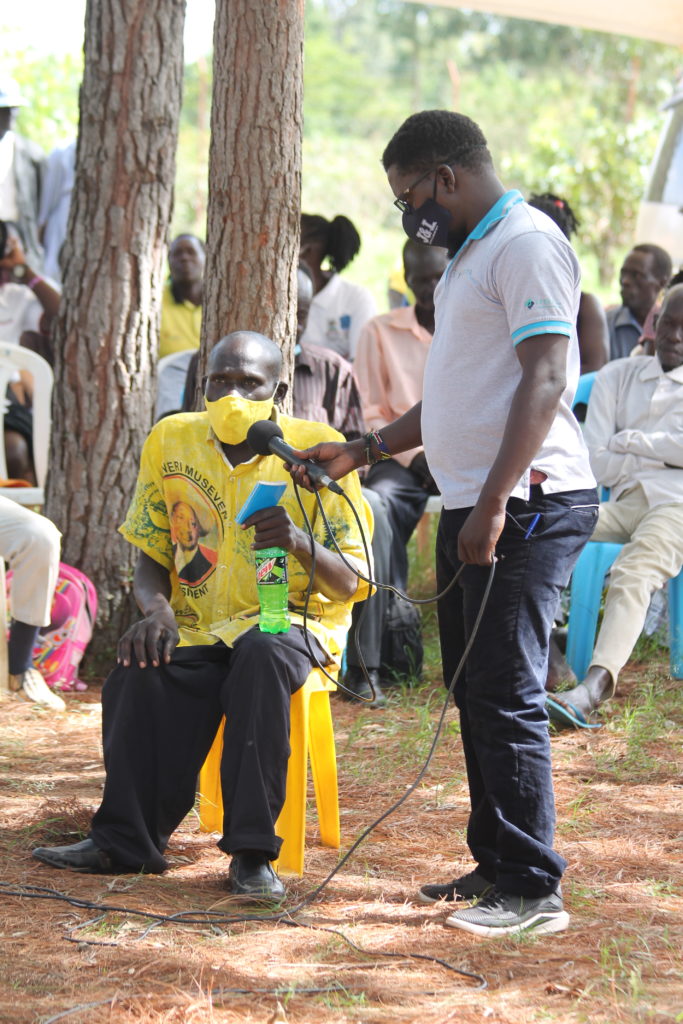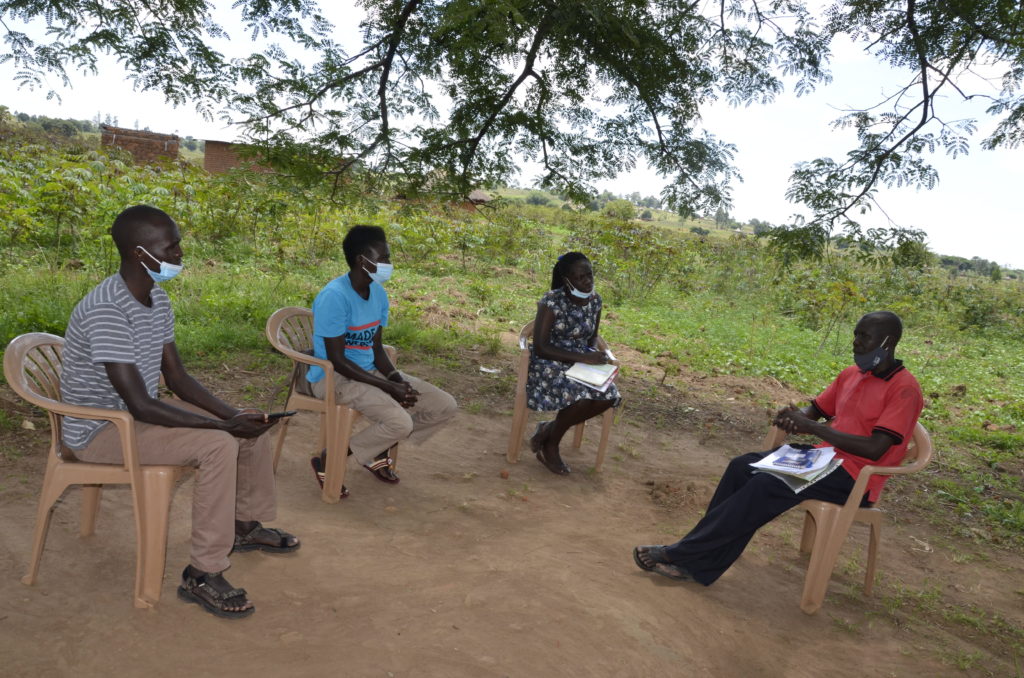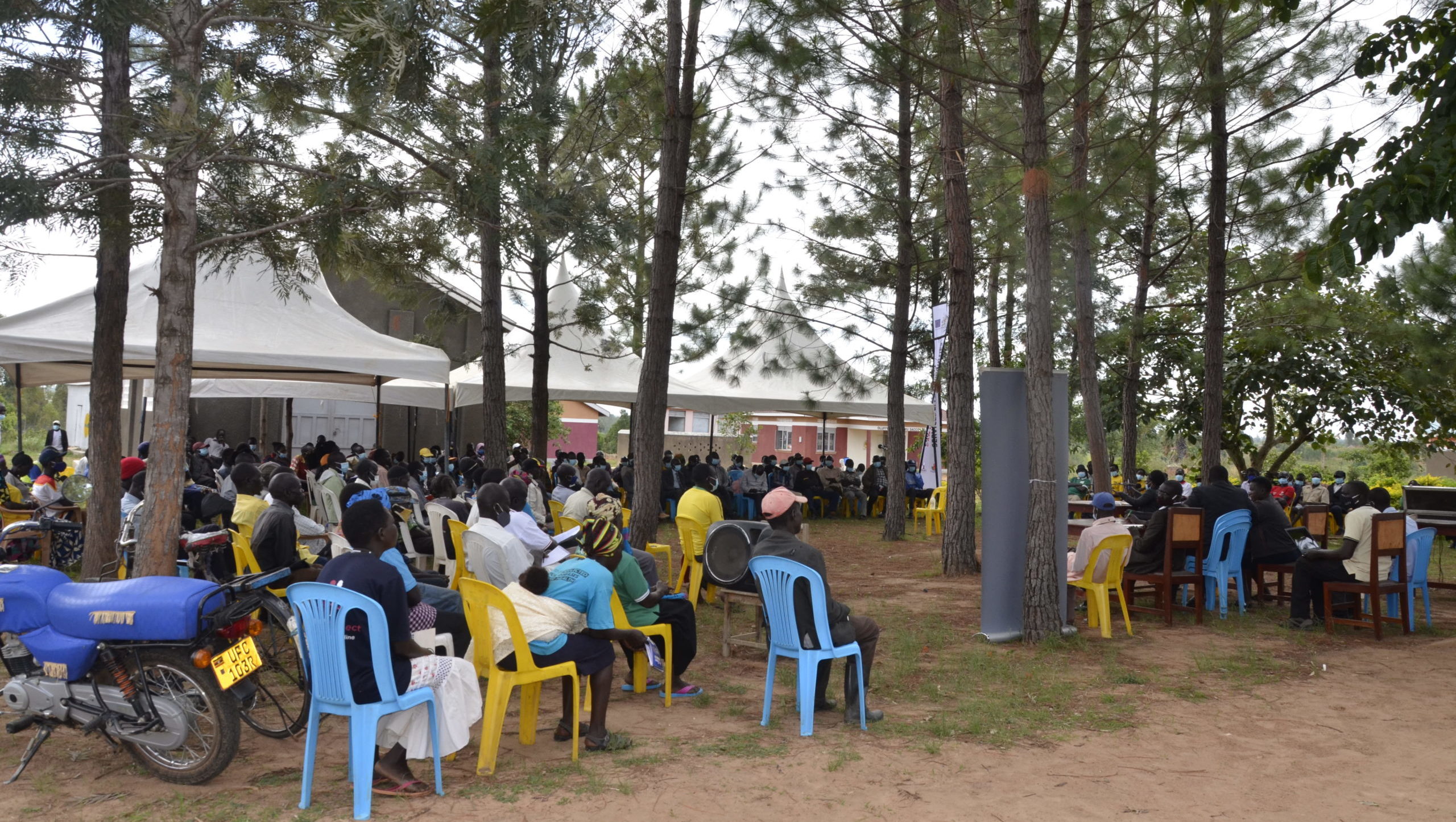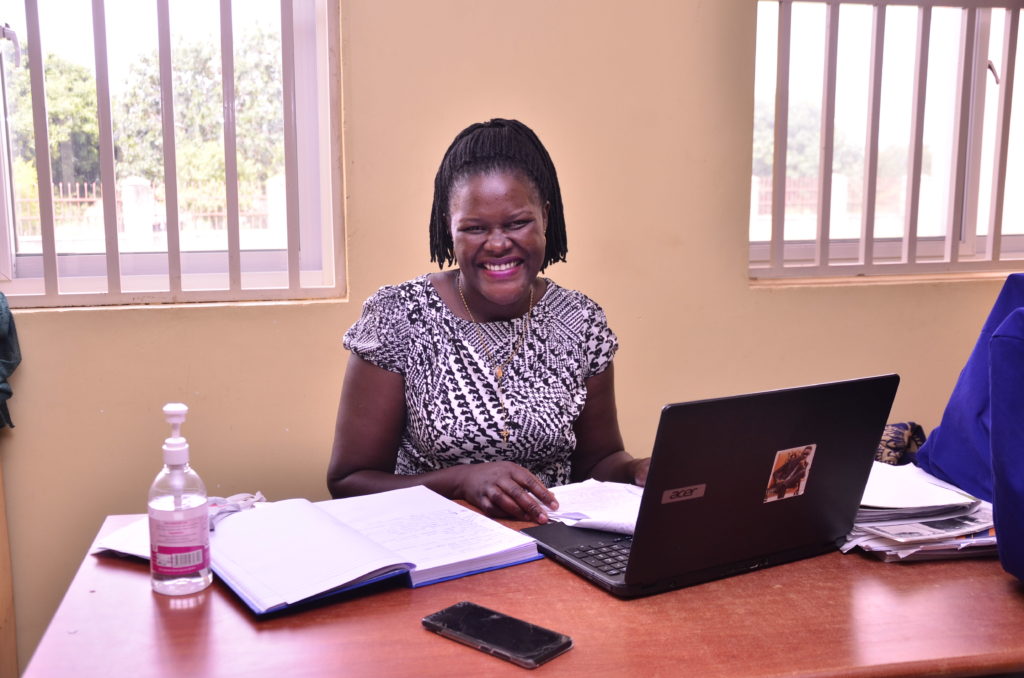Whereas the implementation of the Action was stalled by unexpected events like the outbreak of the COVID-19 pandemic and the election period, the activities implemented so far have registered quick wins. The activities have presented opportunities for community members to hold duty bearers accountable, and for the leaders to provide clarity and make commitments towards issues raised hence positively impacting the beneficiaries and creating avenues for private sector engagement.
The Center for Health, Human Rights and Development (CEHURD) with Partners in Community Transformation (PICOT) are implementing a two-and-a-half year Action in the districts of Koboko and Maracha, under the Development Initiative for Northern Uganda (DINU) with support from the European Union through the Office of the Prime Minister.
The Action is titled “Integrating Legal Empowerment and Social Accountability for improved local government performance and governance (LESA Action)”, focused on promoting accountable and responsive service delivery in the two districts, using an innovative blend of Legal Empowerment and Social Accountability (LESA) strategies.
Since its inception in January 2020, CEHURD and PICOT have carried out various activities in the districts which include an inception, baseline study, assessment and trainings for Community Health Advocates, radio talk shows, community dialogues, community radio outreaches in the six sub-counties of North Division, Lobule, and Kuluba in Koboko District, and Oluffe, Tara and Oleba sub-counties in Maracha District, in the West Nile region.

Whereas the implementation of the Action was stalled by unexpected events like the outbreak of the COVID-19 pandemic and the election period, the activities implemented so far have registered quick wins. The activities have presented opportunities for community members to hold duty bearers accountable, and for the leaders to provide clarity and make commitments towards issues raised hence positively impacting the beneficiaries and creating avenues for private sector engagement as illustrated herein.
The curious case of a Community Development Officer (CDO) with no office
The presence of a functional physical office for any leader in the community goes a long way in bridging the gap between communities, stakeholders, service providers and leaders. This in turn improves transparency and consequently accountability hence improved service delivery.
During one of the community dialogues in Oluffe Sub-County in Maracha District, community representatives raised a complaint about the absence of an office for the then CDO who was stationed on a veranda at the sub-county headquarters. This meant that community members did not have a central place to access information on government programmes and services, feedback or make inquiries which greatly affected delivery of services in the sub-county. In response, the CDO revealed that working on the veranda was not a suitable position for her to effectively serve the people of Oluffe Sub-county. Fortunately, the LCIII Chairperson committed to offer the CDO office space at the sub-county, which was a great turn of events in terms of accountability and service delivery.
In a follow up activity, we found the CDO in an office annex to the sub county hall which was previously used as a store. She reported great improvement of access to information by communities on government programmes and services such as Emyooga and Senior Citizens Grant (SCG), among others.
The CDO’s office is pivotal in the lower local government planning and budgeting process as they are the main custodians of basic information sheets. These sheets are a record of all sub county priorities for consideration of the district budget.
Denial of Access to maternal health services
On 19th March 2021, our partner PICOT held a community dialogue in Oleba Sub-county in Maracha District where a community member raised an issue of a maternal health rights violation.
Midmorning on 17th March 2021, an expectant mother from Ede Odravu village, Oleba Sub-County was referred (minutes to delivery) by a midwife at Oleba Health Centre III to Maracha Hospital which is approximately 15km away. Unfortunately, the expectant mother was unable to go far, she gave birth by the road side with the help of community members, who then carried her back to the very health centre.
As a result of the community dialogue, a disciplinary meeting was held with the health facility management and the midwife was put to task to explain her actions. An inquiry was also instituted by the Sub-county Chief who forwarded a report to the Chief Administrative Officer (CAO) for disciplinary action.
“I request the midwife to be transferred if possible because I went through too much trauma and she instead accused me of shaming her, which I apologized for. The story is not different for other mothers, many have lost their children at her hand” – Doreen Dorcus Chandiru
We held a meeting with the CAO as a follow up action to establish what action had been taken by the office of the CAO. The CAO informed us that the matter had been brought to his attention and he instructed the District Health Officer to fully investigate the matter and take necessary disciplinary action.
Legal support and access to Justice
In a meeting held on 17th April2021 at his home in Anyakani village in Oluffe Sub-County, Mr Michael Onyutha narrated the ordeal that befell his household. His 13 year old daughter was defiled by the would-be custodian and headmaster of the school she was in.

These Sexual and Reproductive Health and Rights violations in schools remain a hindrance to access to quality education for the girl child. They are also gross violations of human rights and an impediment to the Human Capital Development index.
Through our recent community radio outreach held in Oluffe Sub-county, Mr Onyutha raised this issue. CEHURD and PICOT are following up this case to seek justice, using the legal aid arm. We managed to watch brief (attend court) in the case on 21st April 2021 and 2nd June 2021 at the Magistrates Court of Koboko at Koboko and the matter was adjourned to 21st July 2021.
By virtue of these interventions, the LESA Action which focuses on promoting good governance and accountability for improved service delivery in the districts has started to register results that are life changing. Through these dialogues, community representatives and local sub-county authorities are able to share the challenges they face regarding service delivery, accountability and good governance.
“We had no place to make consultations or register our complaints and that greatly affected downward accountability and good governance in our area. We thank CEHURD and PICOT for the platform” – Agele Amis an Elder in Lobule Sub county -Koboko District
Call to action
It is evident that communities have issues and face challenges in their day to day activities with a need to be heard and attended to. Opening up avenues for dialogues between leaders and the communities they lead should be normalised and held regularly. These sessions should be practical and open to all so as to realise improved service delivery and social accountability.
We therefore encourage more downward accountability interactions even in urban centers.
Compiled by CEHURD-DINU/LESA implementing officers Jacqueline Twemanye, Ruth Ajalo and Christopher Ogwang.


